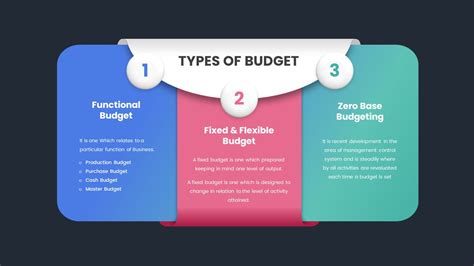Fueling Fitness Without Breaking the Bank
Achieving peak physical condition doesn’t require a gourmet grocery budget. For men committed to their fitness journey, understanding how to maximize nutrition from affordable, nutrient-dense foods is a game-changer. The key lies in strategic choices that provide sustained energy, support muscle growth and repair, and deliver essential micronutrients, all while keeping costs low.
Forget expensive supplements and exotic ingredients. The real power comes from foundational foods that offer a high return on investment for your health and wallet. By prioritizing these nutritional powerhouses, you can build a robust diet that supports your toughest workouts and fastest recoveries.
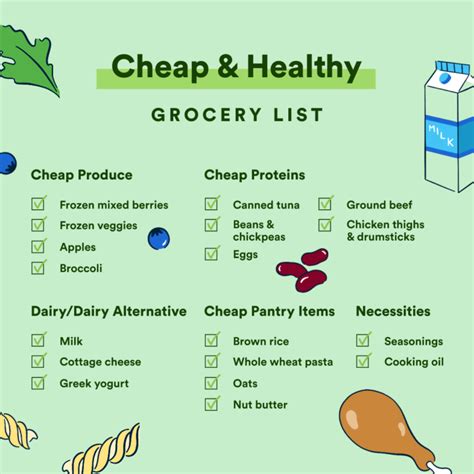
Protein Powerhouses on a Shoestring Budget
Protein is paramount for muscle synthesis and satiety, especially for active men. Luckily, some of the best sources are also the most affordable:
- Eggs: Often called nature’s perfect food, eggs are an incredibly versatile and complete protein source. Rich in amino acids, vitamins D and B12, and choline, they’re perfect for any meal.
- Chicken Thighs & Drumsticks: Cheaper than breasts, these cuts offer more flavor and healthy fats while still delivering ample protein. They’re excellent for roasting, grilling, or slow-cooking.
- Legumes (Beans & Lentils): Black beans, kidney beans, chickpeas, and lentils are plant-based protein giants, packed with fiber, iron, and complex carbohydrates. They’re incredibly versatile for stews, salads, and chilis.
- Canned Fish (Tuna & Sardines): A convenient and inexpensive source of protein and omega-3 fatty acids, crucial for heart health and reducing inflammation. Choose tuna in water for lower fat content.
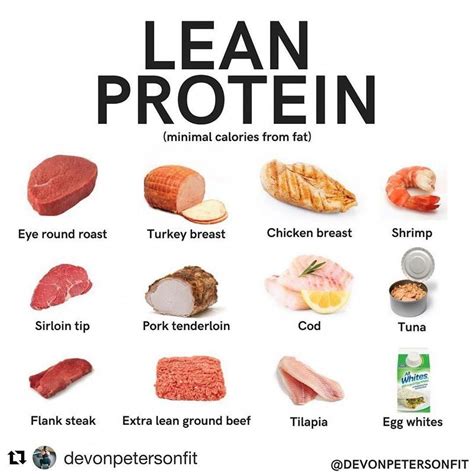
Smart Carbs for Sustained Energy
Complex carbohydrates provide the sustained energy needed to power through workouts and maintain endurance. These budget-friendly options should form the backbone of your energy intake:
- Oats: Rolled oats are a breakfast staple, delivering soluble fiber that helps stabilize blood sugar and provides long-lasting energy. They’re also great for baking or adding to smoothies.
- Brown Rice: A whole grain that’s a superior alternative to white rice, offering more fiber, magnesium, and selenium. It’s an excellent side dish or base for stir-fries and bowls.
- Potatoes & Sweet Potatoes: Both are affordable root vegetables. Potatoes offer potassium and vitamin C, while sweet potatoes are loaded with beta-carotene (Vitamin A). They’re highly versatile for baking, mashing, or roasting.
- Whole Wheat Pasta & Bread: Choose whole-grain varieties over refined ones for added fiber and nutrients. Look for deals on larger packages.

Essential Fats and Micronutrients on a Budget
While often overlooked when focused on cost, essential fats and micronutrients are vital for overall health, hormone production, and recovery. Incorporate these where possible:
- Frozen Fruits & Vegetables: Often cheaper than fresh, frozen produce is picked at its peak ripeness and flash-frozen, locking in nutrients. Think spinach, broccoli, mixed berries, and peas.
- Seeds (Sunflower, Pumpkin): While nuts can be pricey, sunflower and pumpkin seeds offer healthy fats, protein, and minerals like zinc and magnesium at a lower cost.
- Olive Oil (Basic): A fundamental healthy fat for cooking, choose basic extra virgin olive oil for a good balance of quality and cost.
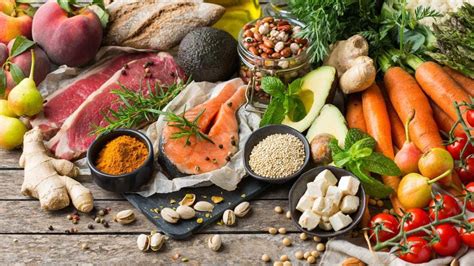
Building Your Budget-Friendly Meal Plan
Beyond individual food choices, smart planning can further reduce costs and ensure consistent nutrition:
- Batch Cooking: Dedicate a few hours once or twice a week to cook large quantities of staples like brown rice, roasted chicken, or lentil soup. This saves time and prevents impulse buys.
- Meal Prepping: Portion out your batch-cooked meals into containers for easy grab-and-go options throughout the week.
- Shop Sales & Seasons: Keep an eye on weekly grocery flyers and buy produce when it’s in season and therefore cheaper. Buying in bulk (e.g., dry beans, oats) can also lead to significant savings.
- Simple Recipes: Focus on recipes with fewer ingredients and simpler preparation methods to minimize costs and time in the kitchen.
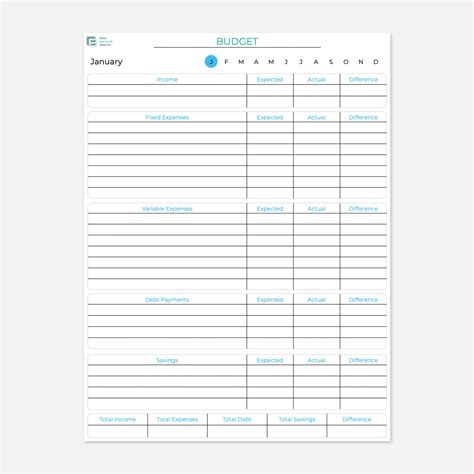
Conclusion
Powering your men’s fitness journey with budget-friendly, nutrient-dense foods is entirely achievable. By making intelligent choices about proteins, complex carbohydrates, and essential micronutrients, you can build a strong, healthy body without compromising your financial well-being. Focus on whole, unprocessed foods, embrace batch cooking, and shop smartly, and you’ll find that optimal nutrition is within everyone’s reach.
